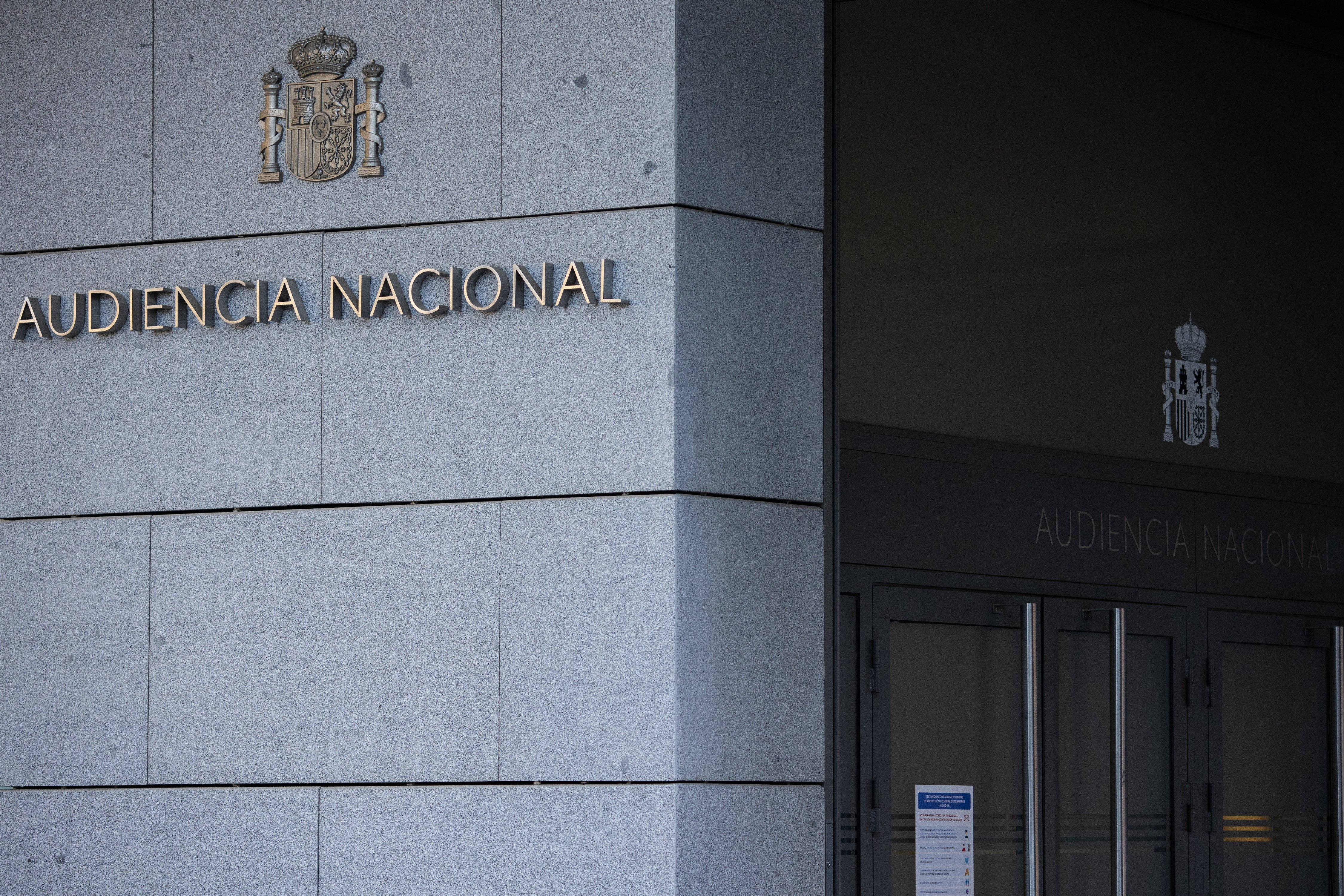Prosecutors from Spain's specialist anti-corruption office are calling for sentences of up to 22 years' imprisonment for the irregular financing of the political party Convergència Democràtica de Catalunya (CDC). The prosecutor of the so-called "3 percent case", José Grinda, is asking for the highest penalties for Andreu Viloca, ex-treasurer of the now-defunct Catalan nationalist party, for whom a 22-year jail sentence is sought for offences of criminal organization, continued fraud in the public administration, a continued offence of influence peddling and money laundering. For the former Catalan justice minister and ex-CDC executive member, Germà Gordó, the demand is for a jail term of 18 years and ten months. The prosecutor also calls for a three million euro fine for CDC, or if appropriate, its substitute, the Catalan European Democrat Party (PDeCAT), for money laundering. CDC was the centre-right party that dominated Catalan politics in the 1980s and 90s as part of the CiU coalition, returning to power under Artur Mas in 2010, before being re-founded as the PDeCAT in 2016.
In the case of Francesc Sánchez, economic secretary of CDC, the public prosecutor claims a year in prison, a substantial reduction in the sentence demanded following his "collaboration" in the investigation, and the same for the ex-treasurer of CDC, Daniel Osàcar, already convicted in the Palau de la Música case. In the verdict for the Palau case, CDC was sentenced to return 6 million euros to the institution, a civil liability which was not complied with due to the liquidation of the party. There are a total of 30 people accused.
The companies involved
In the 210-page indictment, prosecutor José Grinda states that in the period from 2008 to 2015, senior Convergència officials "colluded with public officials and officials" of different public institutions in Catalonia, and with different businessmen who are accused, "a structure was put in place to finance the party illegally and covertly". And he maintains: "It was a systematic action of, on the one hand, receiving money from businessmen, and on the other, transforming this money into income for CDC, without the stain of its illicit origin. It was an overlapping and complementary system to that of the so-called Palau case".
In addition to the 30 accused, there are 14 companies accused as legally responsible. They are: Teyco; Urbaser; Fundación ACS; Grup Soler Constructora; Constructora Pirenaica; TEC-Cuatro; Oproler Obras y Proyectos; Ayesa Enginyeria i Serveis; Impulsa Ortiz; Certis Obres i Serveis; Pasquina; Romero Gamero; Benito Arnó e Hijos, and Construcciones Deco.
Hierarchical structure, led by Gordó
The prosecutor Grinda maintains that of the defendants belonging to Convergència Democràtica de Catalunya, Germà Gordó was the one in charge of "the control and monitoring of tenders for works and services offered by different administrations in the Catalan zone" in town councils, provincial councils and municipalities, or in bodies dependent on the Catalan government, the Generalitat. He describes the system for awarding contract that was established as de caucho - literally, "made of rubber" - which allowed "a formal degree of discretion that actually covered up arbitrariness", and points to the publicly-run Catalan companies GISA and Infraestructures.cat as "paradigmatic" in this regard.
For this reason, he demands one of the highest penalties for Gordó: 7 years in prison for criminal organization; 2 years and 6 months in prison for fraud in public administration; 3 years in prison for corruption between individuals; 1 year and 10 months in prison for influence peddling, and 4 years and 6 months for money laundering, in addition to two fines totaling 4.6 million euros.
The other CDC defendants are: Andreu Viloca Serrano, treasurer of CDC and CatDem, for whom the highest sentence is sought, 21 years in prison; Francesc Xavier Sánchez Vera, economic manager of CDC; Daniel Osácar Escrig, ex-head of CDC finances and ex-treasurer of the CatDem and Forum Barcelona foundations; Carles del Pozo Cerdá, manager and coordinator of CDC's economic area, and Anna Dolors Benítez Bueno, CDC's head of economics and finance.
As for the accused entrepreneurs, whose names are deleted by the prosecutor's office in the indictment provided to the press, they are: Francesc Xavier Tauler Ferré; José Miarnau Montserrat; Josep Manuel Bassols i Puig; Sergio Lerma Verde; José María Zaragoza de Pedro; Pedro Javier del Llano Vivancos; Ramón Anglada Cotcho; Joan Albert Arqués Fontdevila; Félix Pasquina Olivé; Juan Luis Romero Gamero; Ramón Blazquez Martínez, Joan Maria Pujals Vallvé; Jordi Sumarroca Claverol; Antoni García-Bragado: Jordo Soler Paredes; Jordi Durán Vall-Llosera, and Emiliano Carpintero López.
Public administrations allegedly involved
With regard to the public administrations that took part in the plot, the accusation cites: the Barcelona Port Authority with defendants Sixte Cambra, ex-president of the Authority, and Antoni Vives, ex-vice-president and ex-deputy mayor of Barcelona; the Barcelona City Council company Infraestructures Municipals (BIMSA), with the "accused persons related to CDC", Vives, Ángel Sánchez Rubio and Constantí Serrallonga Tintore; Infraestructures.cat, with managers Joan Lluís Quer and Josep Antoni Rosell Polo; and the public companies REGESA, GISA, IFERCAT and REGSA, before their merger with Infraestructures.cat
The prosecutor maintains that "the defendants agreed to defraud Catalan public bodies, designing and implementing a triangular operation": CDC managers, CDC authorities, different administrations and businessmen. It ensures that the total value of public tenders which were compromised adds up to 218,759,664.19 euros; the amount of finally-awarded contracts, 168,706,262 euros; modified projects, 1,777,626.84 euros; and contract extensions, 4,539,755.37 euros.

